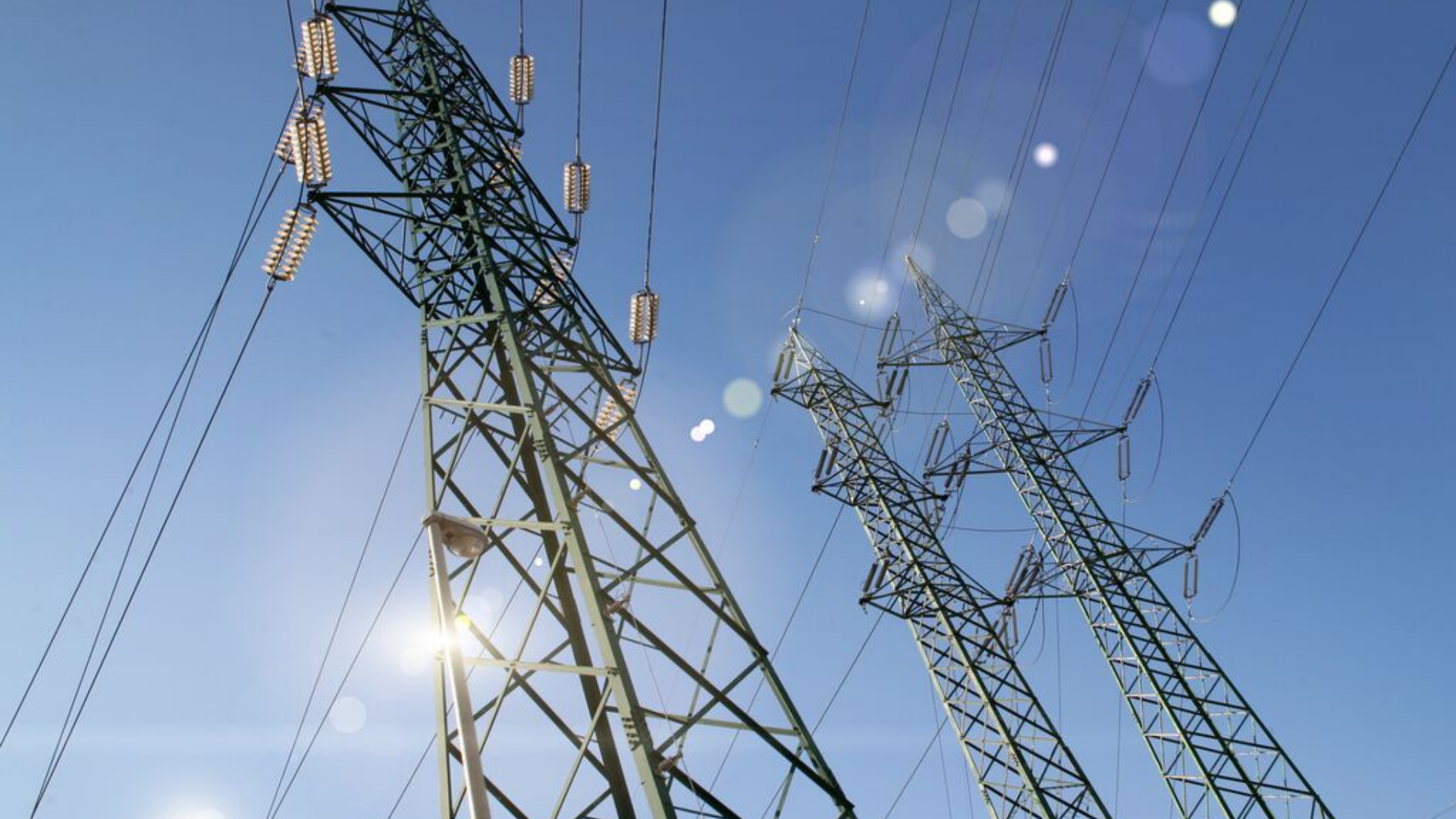
Budget 2021: Funding for energy projects and carbon targets
5 March 2021 | 5 minutes
Find out what the Budget 2021 means for businesses and the support and funding available to help achieve carbon targets as the UK transitions to net-zero.
UK Budget 2021: Energy and Carbon Announcements
This week saw the delivery of the UK Budget 2021 by chancellor Rishi Sunak. It was Sunak’s second budget delivered under the shadow of the pandemic and, naturally, had a keen focus on the UK’s economic recovery from the impact of COVID-19. However, it also contained announcements of welcome funding for energy projects and support for organisations to achieve carbon targets as the UK transitions to net-zero.
Green Finance
As announced in November 2020, it was confirmed that the government will issue its first sovereign green bond – or green gilt – in summer 2021 as it looks to build out a green curve. The chancellor also confirmed there will be a further issuance later in the year with the total amounting to at least £15 billion in sovereign green bonds to support the UK’s net zero aspirations.
Detailed guidance about the types of green projects that will be eligible for finance will be outlined in a green gilt framework, to be published in June. However, projects that will qualify for finance are expected to fall into the categories of energy efficiency, sustainable agriculture, renewable energy, green buildings, clean transport, and water management.
It was also confirmed that a green retail savings product – linked to the green gilt framework – will give savers the opportunity to invest in the green economy.
In support of the ongoing climate action agenda, the Bank of England had the UK’s net zero goal added to its monetary policy committee remit. The move was seen as a key indication of the government’s commitment to environmental targets.
Energy Infrastructure Investment
In support of energy infrastructure projects, Sunak announced the creation of a new UK infrastructure bank – The National Infrastructure Bank – which will be based in Leeds. The bank will provide finance for both public and private projects throughout the United Kingdom that will contribute to the government’s ambitious net-zero targets and promote national and regional economic growth. The bank will have £22 billion of financial capacity (£12 billion from the Treasury and the ability to issue up to £10 billion of guarantees) to invest in sectors such as heat efficiency, carbon capture use and storage, and sustainable fuels.
The Budget 2021 also included funding for energy projects such as:
£27 million for the Aberdeen Energy Transition Zone
£5 million for the Global Underwater Hub in Scotland
£4.8 million for a Holyhead hydrogen hub which will pilot the production of hydrogen made from renewable energy
There was also further investment in the ports and manufacturing infrastructure of the offshore wind industry that comes from the £160 million set aside as part of the Prime Minister’s ‘Ten Point Plan for a Green Industrial Revolution’.
Energy Innovation
In keeping with the government’s commitment to double spending on energy innovation, support was announced for green energy schemes that will cut carbon emissions and help commercialise low-carbon innovations. The schemes come under the umbrella of its £1 billion Net Zero Innovation Portfolio and as announced in the budget, include:
£4 million for the first phase of a biomass feedstocks programme that will support the rural economy
£20 million for the development of floating offshore wind technology
£68 million for the implementation of energy storage prototypes or technology demonstrators
There was also the announcement of a new programme due to launch in summer 2021, which will focus on research and development (R&D)-intensive businesses that can support the transition to a net-zero economy. The programme – called ‘Future Fund: Breakthrough’ – has £375 million commitment from the government and aims to encourage private investors to co-invest.
Carbon pricing and carbon offsetting
The government restated its commitment to using carbon pricing as a tool for decarbonisation as it confirmed the freeze on Carbon Price Support would remain at £18 per tonne of carbon dioxide for 2022-2023. Fuel duty rates were also frozen until 2022, but there is an expectation of a rise after then.
Finally, a new carbon markets working group is to be set up with former chief executive of the London Stock Exchange – Dame Clara Furse – at its helm. The group’s aim is to position the UK and specifically the City of London as leaders in the global market for high quality voluntary carbon offsets. The market for carbon offsets, where companies buy carbon credits to help meet their climate targets, is expected to surge in years to come.
Need support?
Contact us to book a consultation to discuss how we could help your business with its energy and carbon requirements.
View our online content disclaimer.
Related articles


